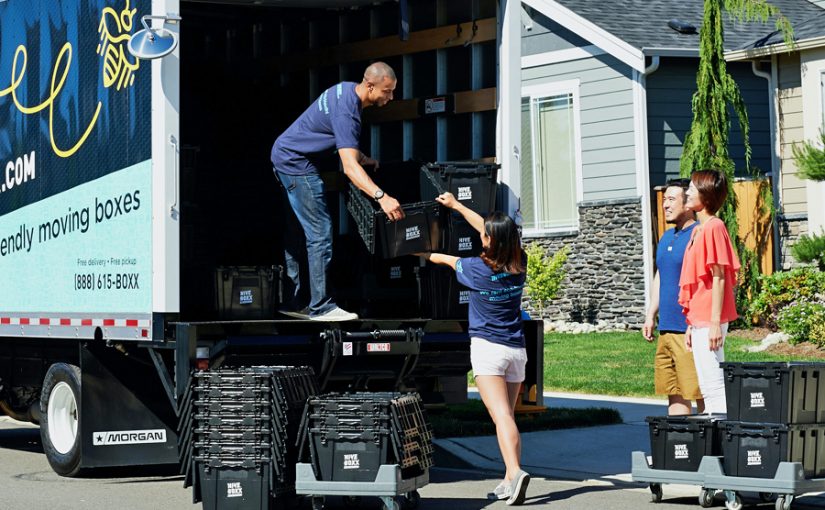A homily for the Fourth Sunday of Lent (Laetare), Cycle C, March 27, 2022
Jos 5:9a, 10-12, 2 Cor 5:17-21, Lk 15:1-3, 11-32
The well-known parable of the Prodigal Son is a story of gifts, but not necessarily the ones we’re fully conversant in.
There’s the fattened calf (I prefer the old-school “fatted calf,” but this is the current translation, sigh) and the welcome-home party for the repentant son, plus the ring on his finger and the hug from his father, who greets this ne’er-do-well as if he had risen from the grave.
And we recognize the gift of God’s eternal mercy toward everyone who repents, as echoed by the actions of the young man’s father. That, in fact, is the traditional and simplest Occam’s Razor interpretation of this sizable passage from Luke’s Gospel. And it’s a totally valid understanding of the passage: Jesus intended the forgiving father in the parable to represent The Forgiving Father of All Creation.
But wait, there’s more:
At the start of the story, when the father gives the restless younger son his share of the estate, he gives the youth a bigger gift, one that God also gives all of us every day.
Free will, and the right to exercise it.
The right to choose, wisely or not, and the right to act upon our choices.
And then, if we choose foolishly, the right to choose again, to repent, to try to undo whatever damage we did to ourselves and everyone and everything around us. Beyond that, the right to figure out how to live with the damage and its consequences. Sometimes, the right to suffer because of what we said or did.
It would be easy to say that the best way to live is to always choose wisely and act gently and lovingly.
Uh-huh.
Not gonna happen, not even to the best of us.
Our world is filled with shiny things and exciting sounds that almost electromagnetically haul us away from the straight and narrow, which is laser-straight and painstakingly narrow.
Fortunately — blessedly — our loving Creator is waiting patiently for us to choose to repent and return, as many times as necessary through the course of our lives. With a fatted calf and a ring for our fingers and an embrace so tight it leaves us breathless.
And just as our free will empowers us to choose whatever we want, we must allow the people in our lives to choose as they see fit. As the father in the parable did.
It’s not easy.
Our children move out. Our romantic partners may grow away from us. Friends may find we no longer share common interests.
As they choose to separate from us, we must maturely choose to let go, as painful as that may be.
In the case of our children moving out, we can hope that we succeeded as parents by shaping their consciences and worldviews so that they can navigate God’s Way. We can hope that they always feel at home with us even as they make homes of their own.
Now, it’s not entirely clear from the parable that the Prodigal Son truly repented or just played the game to get back into his father’s good graces. His brother certainly wasn’t convinced. And P-Son was all words and few actions, at least as the parable recounts. So … maybe?
If this happened to us, the answer likely would rest in our sense of how well we raised our child: Was his rumspringa wildness out of character? Was her arrest on spring break in Florida an aberration? Or were they rebellious all along, waiting for their chance to split, despite our sincere best efforts?
Only the heart can know for sure, and then, not always.
So this parable is about forgiveness, free will, respect for each other’s choices regardless of whether we agree with them, and an assessment of our success as parents.
Yes, every one of these is a gift from God. (Insert “box of chocolates” line from “Forrest Gump” here.)
Now, about those Corinthians…
St. Paul (as transcribed and translated and re-translated) often writes in the Royal/Official We, as he does in our selection today from his Second Letter to Jesus’s followers in Corinth.
Paul says
So we are ambassadors for Christ, as if God were appealing through us. We implore you on behalf of Christ, be reconciled to God.
And the second sentence here makes it clear that “we” means Paul and his traveling companions, who evangelized from the moment of their conversion until the end of their lives.
So it’s Paul and Co. who are ambassadors for Christ, despite the coffee mugs and T-shirts and bumper stickers and wall hangings, right?
Not all of us?
Hmmm …
The Letter today ends with
For our sake he made him to be sin who did not know sin, so that we might become the righteousness of God in him.
And it’s clear from this line that “our” — another first-person plural — means all of us.
So, yes:
we are ambassadors for Christ
And we have work to do.
